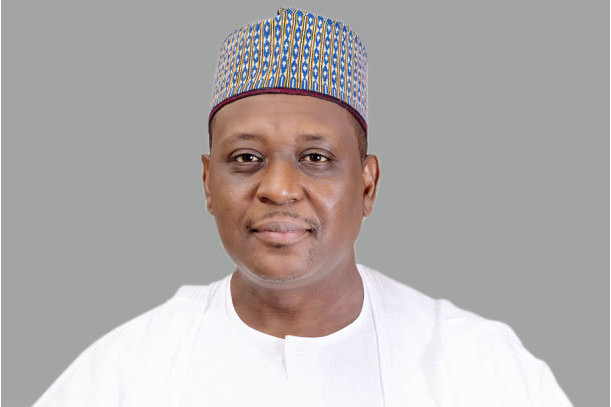The Federal Government has reiterated its dedication to achieving universal health coverage, with a focus on strengthening primary healthcare and fostering partnerships with key stakeholders. This commitment was emphasized by the Coordinating Minister of Health and Social Welfare, Prof. Muhammad Pate, during a legislative dialogue on improving maternal health in Nigeria, held in Abuja.
According to a statement by Remi Adeleke, Head of Public Relations at the National Primary Health Care Development Agency (NPHCDA), representatives from the Federal Ministry of Health and Social Welfare, the National Assembly, and various partners came together to strategize on advancing Nigeria’s healthcare system.
Representing Prof. Pate, the Executive Director and CEO of the NPHCDA, Dr. Muyi Aina, highlighted the government’s prioritization of reducing child and maternal mortality as part of its renewed hope agenda. He noted that while the government has significantly increased resources for the health sector, continued investment remains critical.
“Collaboration with our partners is essential in complementing government efforts to ensure access to quality healthcare for every Nigerian, regardless of their location or socio-economic status,” he emphasized.
Dr. Aina also spoke on the progress made in revitalizing primary healthcare through increased funding and sector-wide approaches. He noted, “While we have seen a substantial increase in funding, there is a need to intensify efforts. We count on our partners to support us in improving financial resources and spending within the health sector.”
Highlighting the NPHCDA’s role, Dr. Aina reiterated that the agency’s strategic objectives align with the Federal Government’s priorities, aiming to enhance primary healthcare services across the country. “Our focus remains on improving healthcare financing, strengthening infrastructure, and engaging communities. The NPHCDA is committed to leveraging partnerships and collaborations to achieve these goals,” he added.
Special Adviser to President Bola Tinubu, Dr. Salma Anas-Ibrahim, also emphasized the importance of sustaining progress within the health sector. “The strides we’ve made are encouraging, but momentum is crucial. This dialogue is essential to ensure legislators are well-informed on policy needs,” she remarked.
Dr. Walter Mulombo, the WHO Country Representative, underscored the challenges in meeting the 2030 Sustainable Development Goals for health, particularly in reducing child and maternal mortality. “Regional inequalities, environmental challenges, and crises continue to exacerbate these issues. Increasing resource allocation, deploying technology, and embracing innovation are essential to accelerate progress,” he stated.
In her remarks, Dr. Ipalibo Banigo, Chairman of the Senate Committee on Health, highlighted underfunding and limited insurance coverage as major challenges in the health sector. She urged lawmakers to allocate funds from constituency projects to health insurance initiatives, noting, “An educated child and an empowered woman are more likely to seek quality healthcare services.”




